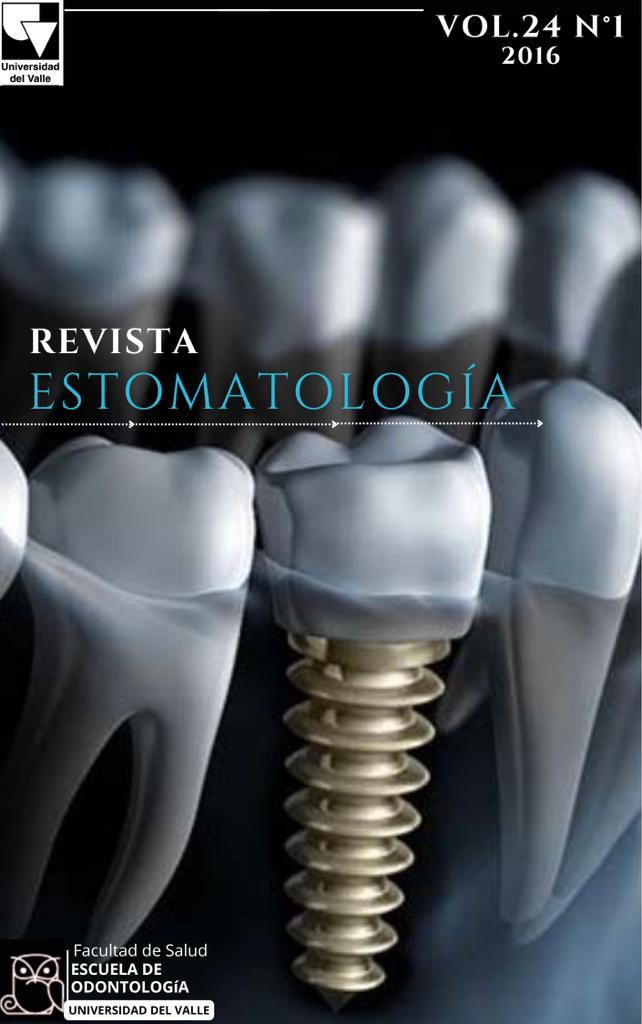Viewpoint. Reflexions about contemporary issues on scientific publications in health: excerpts from the inaugural talk for the PhD in Health at Universidad del Valle
Main Article Content
As part of the launch of the health doctorate program in the Faculty of Health at Universidad del Valle, in Cali on June 17, 2015, a talk on the publishing system for scientific articles was delivered. In this viewpoint,
it is expected to share some reflections on this system, its characteristics, quirks, and modern-day developments. Not only students embarking on a health doctorate, but also early-career researchers, need to be properly trained and more knowledgeable about this system, to be able to adapt themselves appropriately and strategically. In this text, we address issues of authorship, peer review, predatory journals, and
open access. We also discuss promising new initiatives to improve the publication system, notably with respect to the research community’s evaluation system, which is largely responsible for the observed shortcomings.
2. Lodge DAA. El mundo es un pañuelo. Barcelona: Anagrama, 1996; 2001.
3. Davies R. Ángeles rebeldes. Barcelona: Libros del Asteroide, 2008.
4. Hesse H. El juego de los abalorios. Madrid: Alianza, 2001.
5. Bourdieu P, Wacquant LJD. Una invitación a la sociología reflexiva. Buenos Aires: Siglo XXI Editores, 2005.
6. Boyack KW, Klavans R, Sorensen AA, Ioannidis JPA. A list of highly influential biomedical researchers, 1996-2011. Eur J Clin Invest. 2013; 43 (12):1339-65.
7. O’Brien J, Baerlocher MO, Newton M, Gautam T, Noble J. Honorary coauthorship: does it matter? Can Assoc Radiol J J Assoc Can Radiol. 2009; 60 (5): 231-6.
8. Binswanger M, Welpe I, Wollersheim J, Ringelhan S, Osterloh M. How Nonsense Became Excellence: Forcing Professors to Publish. In: Incentives and Performance. Governance of Research Organizations. Switzerland: Springer International Publishing, 2015; 15(1):19-32.
9. Jones N, Walsh C. Policy briefs as a communication tool for development research. Background Note. ODI, 2009.
10. Ridde V. Building trust or buying results? Lancet. 2005; 366(9498):1692.
11. The PLoS Medicine Editors. The Impact Factor Game. PLoS Med .2006; 3(6): e291.
12. Delgado López-Cózar E, Robinson-García N, Torres-Salinas D. The Google scholar experiment: How to index false papers and manipulate bibliometric indicators. J Assoc Inf Sci Technol. 2014; 65:446-54.
13. LSE. Maximizing the impacts of your research : a handbook for social scientists. LSE Public Policy Group, 2011.
14. Gingras Y. Les dérives de l’évaluation de larecherche du bon usage de la bibliométrie. Paris: Raisons d’agir, 2013.
15. Hicks D, Wouters P, Waltman L, de Rijcke S, Rafols I. Bibliometrics: The Leiden Manifesto for research metrics. Nature. 2015; 520(7548):429-31.
16. Lozano GA, Larivière V, Gingras Y. The weakening relationship between the impact factor and papers’ citations in the digital age. J Am Soc Inf Sci Technol. 2012; 63:2140-5.
17. Lariviere V, Lozano GA, Gingras Y. Are elite journals declining? ArXiv13046460 Cs 2013; published online April 23. http://arxiv.org/abs/1304.6460 (accessed June 22, 2015).
18. Ridde V, Fournier P, Banza B, Tourigny C, Ouedraogo D. Programme evaluation training for health professionals in francophone Africa: process, competence acquisition and use. Hum Resour Health. 2009; 15;7(1):3.
19. Haustein S, Costas R, Larivière V. Characterizing Social Media Metrics of Scholarly Papers: The Effect of Document Properties and Collaboration Patterns. PLoS ONE. 2015; 10(3):e0120495.
20. Hall N. The Kardashian index: a measure of discrepant social media profile for scientists. Genome Biol 2014; 15(7): 424.
21. Cohen MD, March JG, Olsen JP. El bote de basura como modelo de elección organizacional. Gest Política Pública. 2011; 20(2):247-90.
22. Hall P. Policy paradigms, social learning and the state: the case of economic Policymaking in Britain. Comp Polit. 1993; 25(3):275-96.
Los autores/as conservan los derechos de autor y ceden a la revista el derecho de la primera publicación, con el trabajo registrado con la licencia de atribución de Creative Commons, que permite a terceros utilizar lo publicado siempre que mencionen la autoría del trabajo y a la primera publicación en esta revista.





